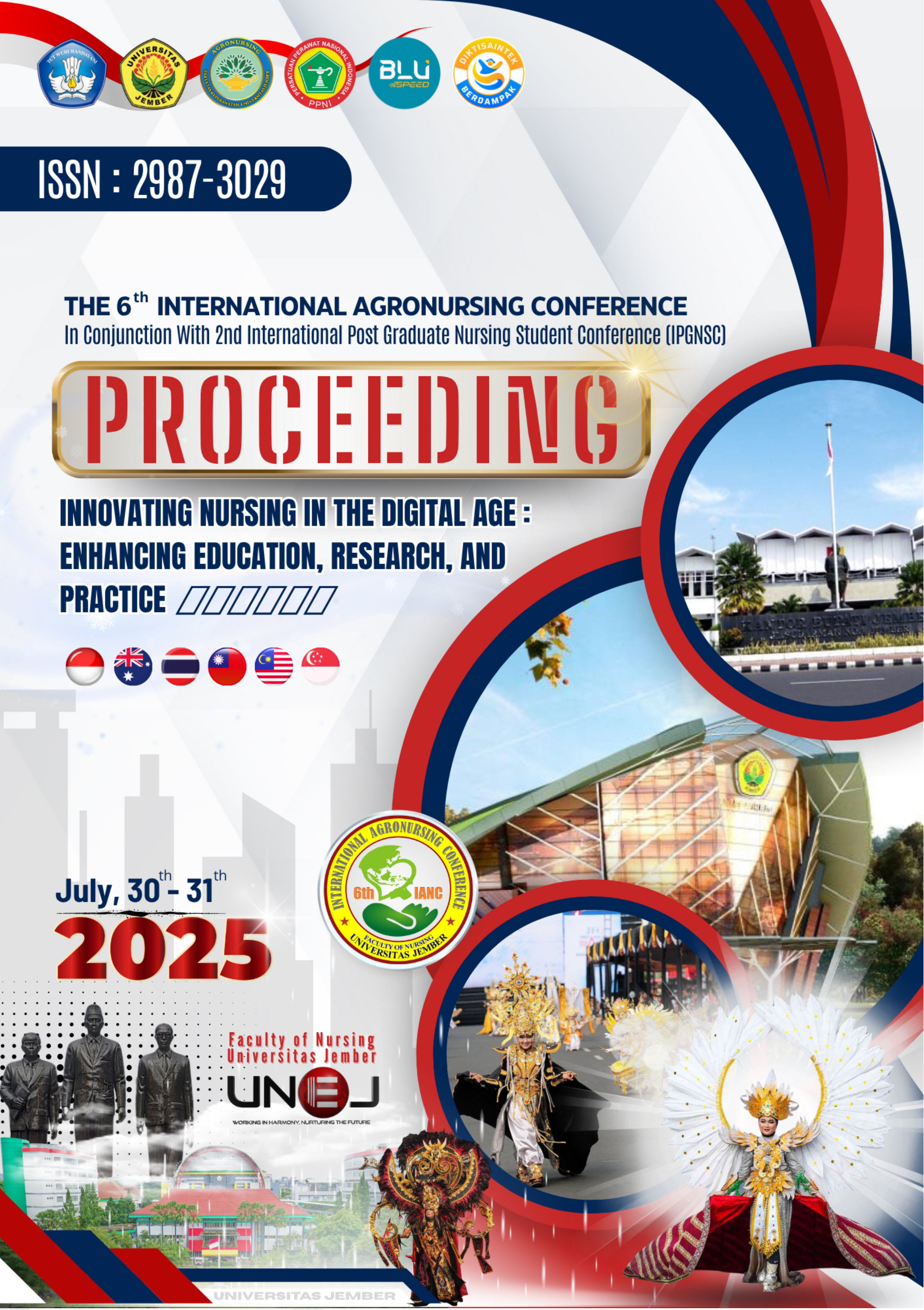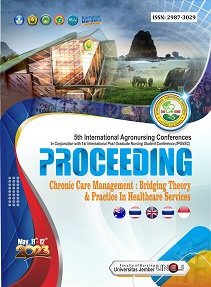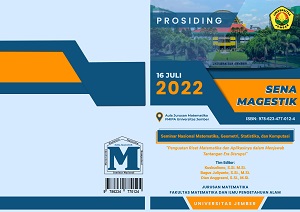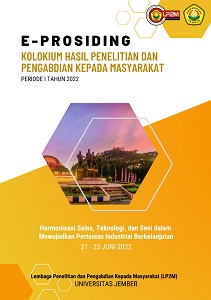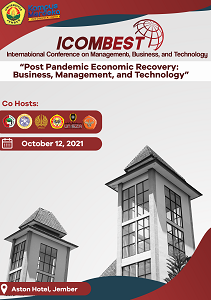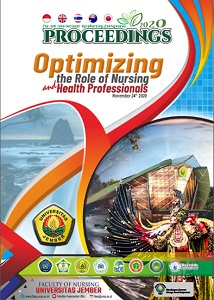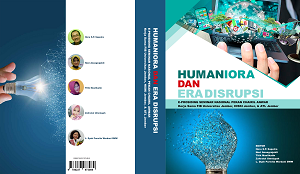EMPOWERING THE HEART AT HOME: A SCOPING REVIEW OF SELF-EFFICACY AND QUALITY OF LIFE IN HOME-BASED CARDIAC REHABILITATION
Abstract
Background: Home-Based Cardiac Rehabilitation (HBCR) is an increasingly accepted approach for the rehabilitation of patients with cardiovascular disease (CVD), allowing patients to undergo rehabilitation at home with the support of technologies such as telerehabilitation and mobile health (mHealth). Self-efficacy, which refers to an individual’s belief in their ability to manage their health condition, plays a critical role in the success of HBCR and can improve patients' quality of life (QoL). Methods: A scoping review was performed to identify and synthesize quantitative and mixed-methods studies (2019–2024) examining self-efficacy and quality of life among patients with CVD engaged in HBCR. Results: The analysis of 12 articles revealed that home-based interventions, including telerehabilitation, mHealth, and Short Message Service (SMS)-based reminders, enhanced patients’ self-efficacy and QoL. Furthermore, external factors, namely social support and access to technology, were identified as significant contributors to strengthening the relationship between self-efficacy and QoL. Conclusion: The integration of HBCR with technological tools and social support can significantly improve self-efficacy and quality of life in individuals with CVD. Further research is needed to develop more personalized interventions to enhance the outcomes of home-based cardiac rehabilitation programs.

